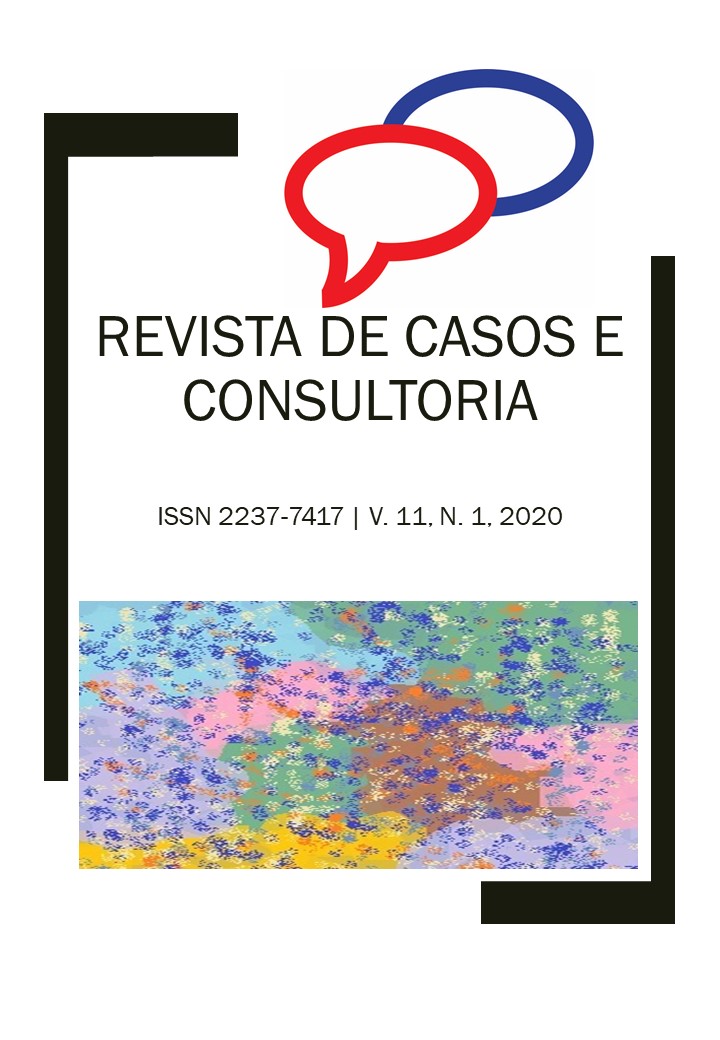A robótica educacional e a aprendizagem das regras em sala de aula: uma proposta inclusiva
Palavras-chave:
Robótica Educacional; Necessidades Educacionais Especiais; Transtorno de Espectro Autista.Resumo
O presente trabalho tem por objetivo aplicar elementos da Robótica Educacional como recurso didático e instrumento mediador da compreensão da necessidade de respeitar as regras de sala de aula, para uma turma do 1º ano do ensino fundamental. Para a elaboração deste caso foram obtidos dados mediante relatos das professoras polivalente, da Sala de Recursos Multifuncionais e de educação física, além da vivência de uma das pesquisadoras com os alunos que apresentam necessidades educacionais especiais. O desafio apresentado consistiu em desenvolver uma proposta didática que, para além de auxiliar estudantes com Transtorno de Espectro Autista, consiga potencializar a compreensão e o cumprimento das regras estabelecidas pelo grande grupo. Para tanto, partiu-se da premissa de que as Tecnologias Digitais de Informação e Comunicação tem demonstrado serem instrumentos potencializadores do aprendizado, já que trazem diversos benefícios para os estudantes, tais como desenvolvimento da habilidade de pensamento crítico. Dentro das diversas tecnologias utilizadas na área da educação encontra-se a Robótica Educacional, que consiste na utilização de kits robóticos programáveis, com o objetivo de incentivar ao aluno na busca por soluções voltadas ao mundo real. A intenção é que o caso possa contribuir positivamente com a prática de professores que trabalham com alunos com e sem deficiência, e que apresentam dificuldades em cumprir as regras estabelecidas. Outrossim, pode ser utilizado em disciplinas de didática, psicologia educacional, informática educacional e educação especial.
Downloads
Referências
BUEMO, Bruno et al. Autism in the School Context: The Importance of Social Insertion. Research, Society and Development, Itabira, v. 8, n. 3, p. e2783822, jan. 2019. ISSN 2525-3409. Available at: <https://rsd.unifei.edu.br/index.php/rsd/article/view/822/682>. Date accessed: 18 may 2020. doi:http://dx.doi.org/10.33448/rsd-v8i3.822.
FREIRE, Paulo. Pedagogia do Oprimido. 46. ed. Rio de Janeiro: Paz e Terra, 2005.
MACIEL, MM., and FILHO, APG. Autismo: uma abordagem tamanho família. In: DÍAZ, F., et al., orgs. Educação inclusiva, deficiência e contexto social: questões contemporâneas [online]. Salvador: EDUFBA, 2009, pp. 224-235. ISBN: 978-85-232-0928-5.
NUNES, C; MADUREIRA, I. Desenho Universal para a Aprendizagem: Construindo práticas pedagógicas inclusivas. Invest. Práticas, vol.5, nº.2, Lisboa, set./2015, p. 126-148.
PINEL, Virgina; RENDON, Laura Aguiló; ADROVER-ROIG, Daniel. Los robots sociales como promotores de la comunicación en los Trastornos del Espectro Autista (TEA). Let. Hoje, Porto Alegre , v. 53, n. 1, p. 39-47, Mar. 2018 . Available from <http://www.scielo.br/scielo.php?script=sci_arttext&pid=S1984-77262018000100039&lng=en&nrm=iso>. access on 18 May 2020.
SILVA, Maria Daiane da et al. The playful from games and play in inclusive teaching of children with autistic spectrum disorder (ASD): a literature review. Research, Society and Development, Itabira, v. 8, n. 4, p. e1084943, feb. 2019. ISSN 2525-3409. Available at: <https://rsd.unifei.edu.br/index.php/rsd/article/view/943/752>. Date accessed: 18 may 2020. doi:http://dx.doi.org/10.33448/rsd-v8i4.943.

 Português (Brasil)
Português (Brasil) English
English Español (España)
Español (España)